The Security Threat in a Glass of Water
The Security Threat in a Glass of Water
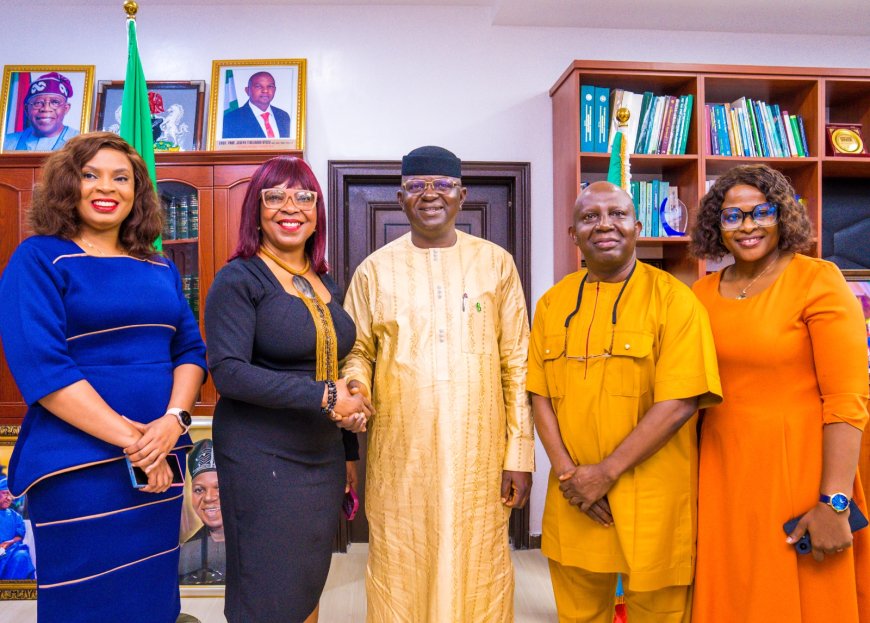
L-R: Toju Egbebi, Corporate Affairs Manager, Nestle Nigeria, Victoria Uwadoka, Corporate Communications, Public Affairs and Sustainability Lead, Nestle Nigeria, Honourable Engr. Prof. Joseph Terlumun Utsev, Minister of Water Resources and Sanitation in Nigeria, Dr. Nicholas Igwe, Global Head & Nigeria National Coordinator, Organized Private Sector in Water, Sanitation & Hygiene and Engr. Nnenna Igwegbe, APWEN National Vice President and OPS-WASH Head of Zonal Coordinator during a visit to the Minister to discuss partnership on a National Water Quality Advocacy campaign in Abuja recently.
The partnership between Nestlé Nigeria and the Federal Ministry of Water Resources and Sanitation to launch a National Water Quality Advocacy Campaign fundamentally challenges the perspective that poor water quality is merely a localized health issue. It frames water safety as a critical national development challenge directly impacting public health, economic productivity, and the success of the government’s Renewed Hope Agenda.
This collaboration, formalized during a visit by Nestlé and the Organized Private Sector in Water, Sanitation, and Hygiene (OPS-WASH), transforms the approach from managing waterborne crises like cholera and diarrhea to proactive, nationwide behavioral and infrastructural change.
Elevating the Conversation: Beyond Health, Into Resilience
The commitment from the Ministry, led by Honourable Minister Engr. Prof. Joseph Terlumun Utsev, signals that the government views the campaign as a vital tool for achieving its core mandates. The Minister explicitly welcomed the partnership not only for tackling persistent health threats but also for addressing challenges related to flooding and climate resilience, recognizing the deep connection between environmental management and water safety.
Victoria Uwadoka, Corporate Communications Lead at Nestlé Nigeria, emphasized that the campaign’s objective is not just awareness, but shifting behaviors and building partnerships that deliver lasting impact across communities, industries, and institutions.
The campaign rests on three actionable pillars:
1. Building Awareness and Knowledge to close the knowledge gap.
2. Engaging Stakeholders at all levels.
3. Driving Long-Term, Sustainable Action.
Turning Advocacy into Community Action
The power of this story lies in its tangible commitment to impact at the grassroots level. Dr. Nicholas Igwe, National Coordinator of OPS-WASH, detailed specific community-level interventions that elevate this from a policy announcement to a delivery mechanism:
Community Interventions:16 communities in Abaji Area Council (FCT) and 8 communities in Agbara (Ogun State) are slated to benefit from direct water quality interventions.
Food Security Link: Two agricultural communities will receive specialized water harvesting systems to support irrigation and food production, directly linking water safety to economic stability and agricultural output.
By pooling the government’s policy reach with Nestlé’s technical expertise and OPS-WASH’s grassroots network, the campaign acts as a blueprint for successful public-private partnership. It demonstrates that achieving national goals like SDG 6 (Clean Water and Sanitation) requires a strategic, multi-sector approach that treats every drop of water not just as a resource, but as a foundation of national well-being.
What's Your Reaction?







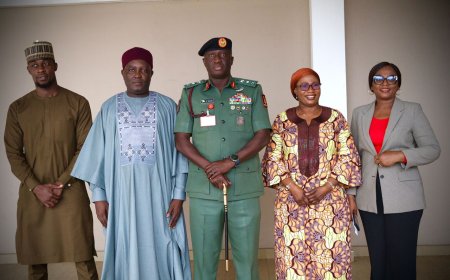





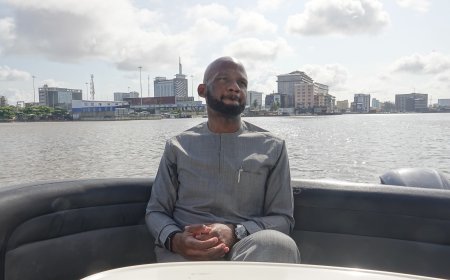
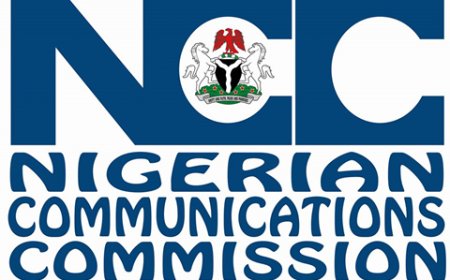
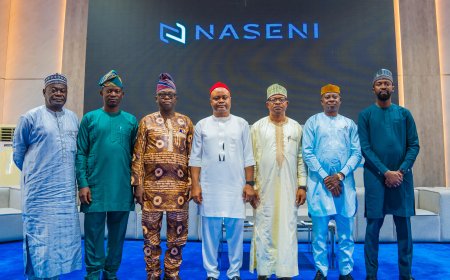
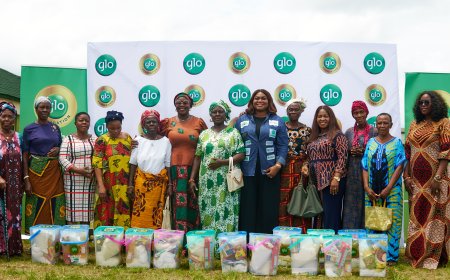


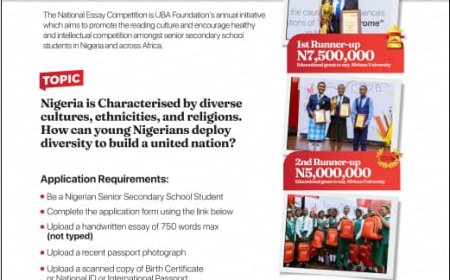

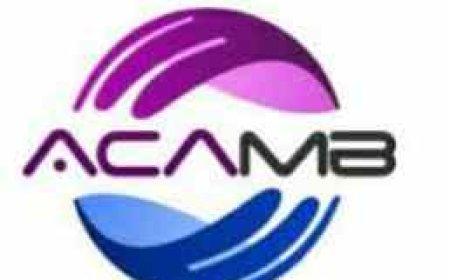


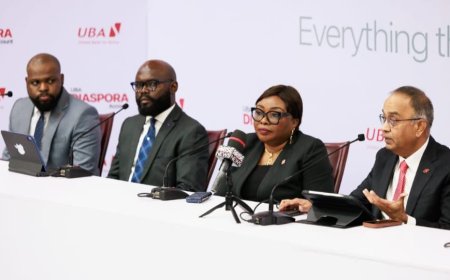
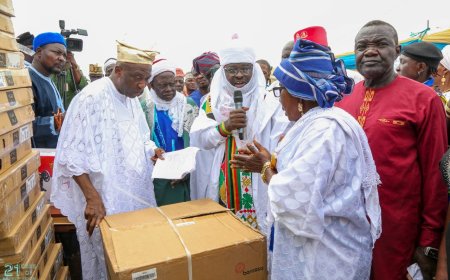
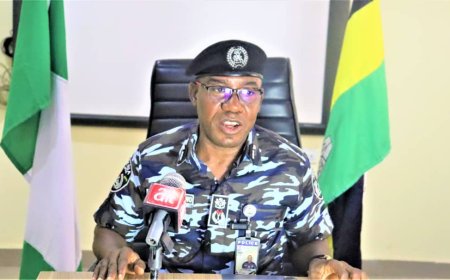
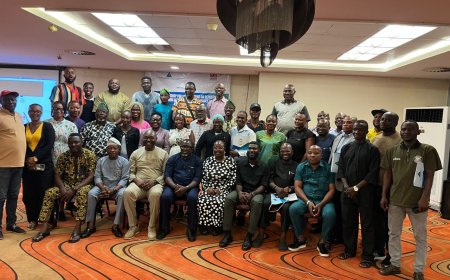
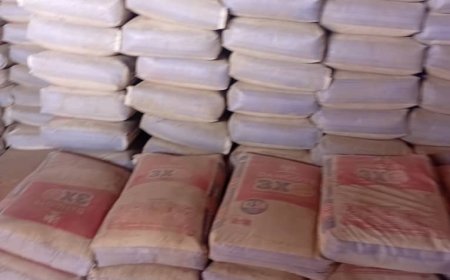

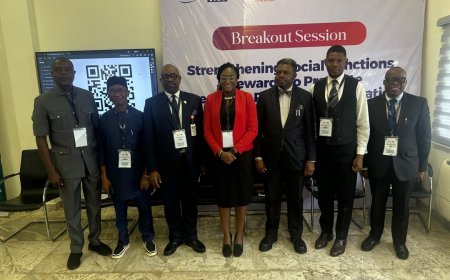






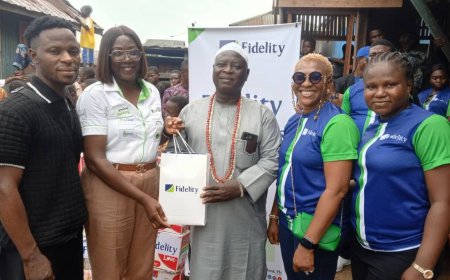







 The Chairman and Chief Executive Officer of Adron Homes and Properties Limited, Aare Adetola Emmanuelking, has congratulated the Government and people of Oyo State as the state marks its 50th anniversary, describing the occasion as a celebration of resilience, cultural pride, and sustained progress.
The Chairman and Chief Executive Officer of Adron Homes and Properties Limited, Aare Adetola Emmanuelking, has congratulated the Government and people of Oyo State as the state marks its 50th anniversary, describing the occasion as a celebration of resilience, cultural pride, and sustained progress.



